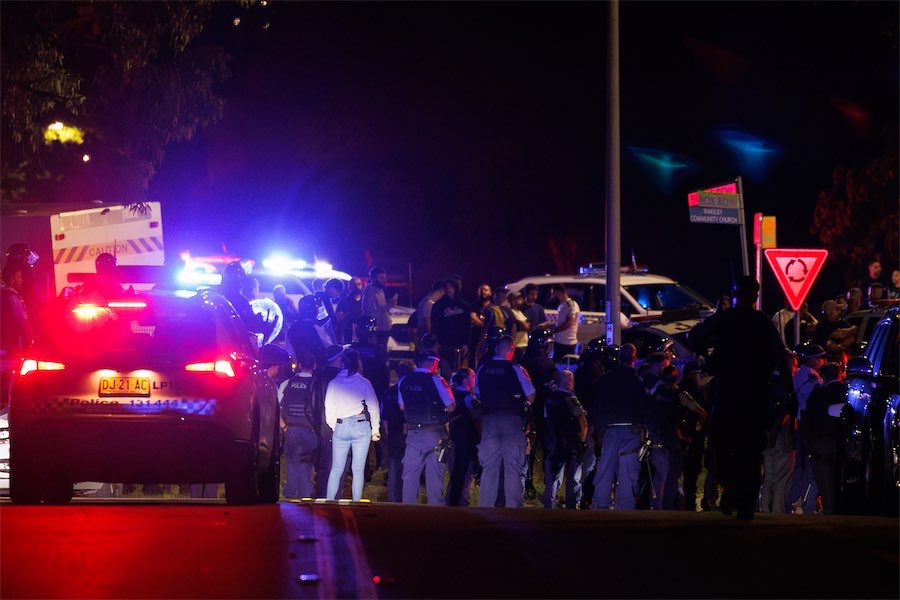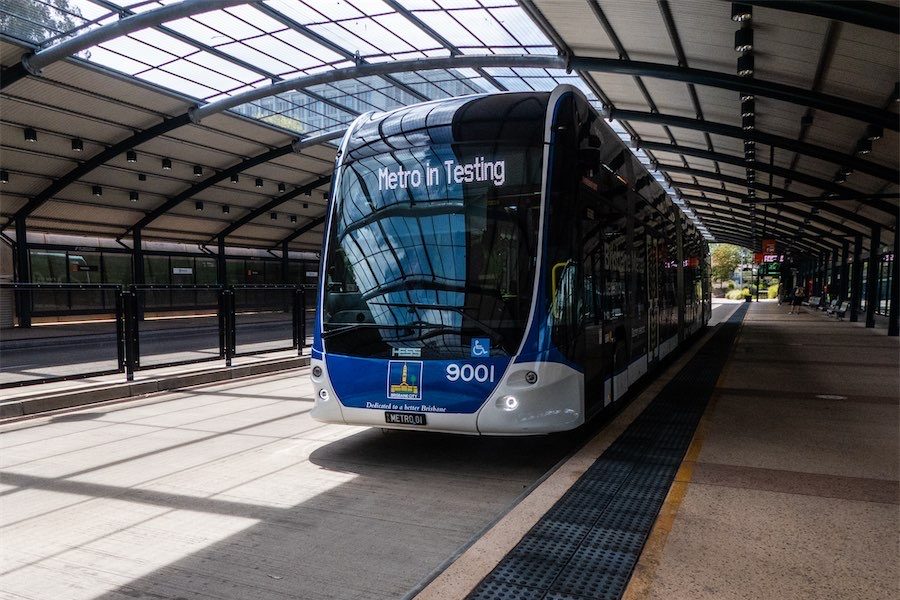
THERE is so much that is good about Australian democracy compared to the rest of the world. However, elections highlight the opportunity for improvements.
Free and fair elections are the hallmark of Australia’s democratic systems Federally as well as in the States and Territories. Governments change peacefully after an election and the notion of violent protest, so common in some overseas countries, does not even seem to enter our thinking.
We can do better. There are ways to make our elections freer and fairer. Two matters are really outstanding as we enter the Federal election.
Firstly, simple improvements to the Senate voting system will transfer more power into the hands of the voters. Secondly, the concentration of the media in a small number of hands distorts voters’ understanding of our electoral systems and the parties and policies being presented at an election.
In NSW, there are 110 people who have put up their hands to stand for the six positions available in the Senate. In Queensland, there are 82 for its six Senate seats. In the ACT, there are 26 candidates seeking to win just two positions.
Voters have two choices. The first is to hand the vote over to the main party of choice by voting above the line. The party then chooses who will get the next preference.
The parties have made some some stupid decisions. For instance, Opposition Leader Tony Abbott is so keen to ensure majority government that he has directed Liberal Party preferences to favour even the Labor Party before the Greens. As a strategy for concentration of power, and to support his idea of a 3 ½ year “dictatorship” before he is held accountable, it makes sense. However, it is difficult to believe that even a majority of voters who put the Liberals first genuinely would agree with this sort of distribution.
It would be so easy for this process to be modified so that instead of putting a 1 against the party of choice and allowing the party preferences, the voter could choose parties by preference, which would allow party voters to follow their own choices – even if not their specific choice of candidate. A minor amendment of this kind should be made to the Electoral Act directly after this election so that the next election can be planned under a more democratic system.
For voters who decide they do not want to simply accept the party preferences, there is the option of voting below the line. This is not too bad in the ACT where numbering from 1 to 26 is unlikely to result in mistakes. However, across the border in NSW, the voters have to number from 1 to 110 without an error. If they make a mistake they can always go and ask for another ballot paper and then start the process again. However, that is likely to take another 15-20 minutes.
There is a simple solution. The Electoral Act should give the highest priority to recognising voter intention. This would allow someone who makes a mistake after having marked, for example to 77, to have a valid vote thus far. It would also allow the instructions on the paper to recommend to voters to begin voting with a 1 next to the candidate of choice and number as many other preferences as considered appropriate. In this manner people can choose candidates from some parties, but completely ignore candidates who represent parties with whom they vigorously disagree or just don’t care about. A similar system works very effectively in ACT Assembly elections.
On the issue of media concentration, we hear Labor crying foul about the one-eyed stance the Murdoch media has taken against it. However, there was not a squeak from Labor last time around when those networks seemed to have turned on John Howard. The worm turns!
Suggestions about the NBN undermining the Foxtel network providing motivation for Murdoch to run such a vigorous campaign seem to be gaining more credibility. Why have Foxtel when downloading sport and other programs through the NBN will achieve the same result for free?
The problem is not as much the Murdoch media empire as the fact that successive governments have allowed more and more concentration of media interests putting much too much influence in the hands of a very small number of people.
Improvements can be made and let’s hope that whoever gets elected after September 7 seeks a better democracy.
Michael Moore was an independent member of the ACT Legislative Assembly (1989 to 2001) and was minister for health
Who can be trusted?
In a world of spin and confusion, there’s never been a more important time to support independent journalism in Canberra.
If you trust our work online and want to enforce the power of independent voices, I invite you to make a small contribution.
Every dollar of support is invested back into our journalism to help keep citynews.com.au strong and free.
Thank you,
Ian Meikle, editor





Leave a Reply